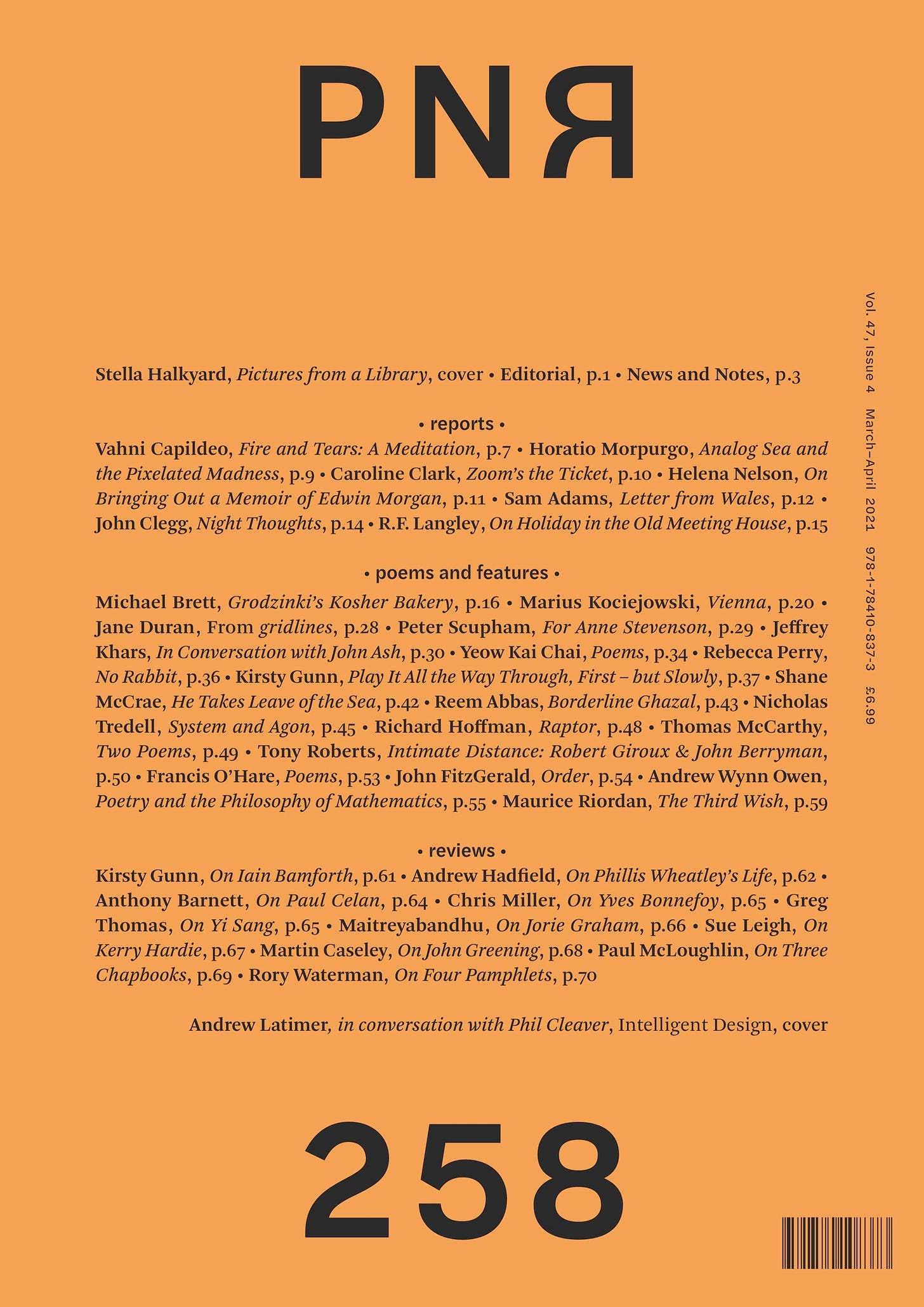Borderline Ghazal
I swore I told no body
but swearing holds no body.
This body holds fast somehow
exile patrols nobody.
Beholden, believed body
you touched, held cold no body.
Leave me hang, I am no suspect
bare for all this holed know body.
Blue is the name you give death
fine lies behold no body.
Sounding BREAK BAT BEAT commands:
peel eyes, bleed, blindfold no body.
Peace, body, peace; in death burn
to blue, gold for nobody.
What does it mean: philistine?
Qasida controls nobody.
Will not – can not be bul –
lied – bullshit sold no body.
CAT D9: the border is
breached leaks bold to gnaw body.
You wore the day gold on words
I broke the way you felled words.
Bodies batted like lashes
martyred, matted black like words.
Dizzy with swearing, I lied
peeled truth, blinded, bled true words.
Look: a tapestry hung on teeth!
A bulldozer, body of words!
How is it said: فلسطين?
Border line alive in words.
Found the sounds that made me sing:
words on the wing: winding in words.
Say peace: piece. Say hand: land. I
shake in body broke in words.
This counter qasida is
blue, freedom follows death in words.
To nought a body – will not
O no a O – knot in words.
Denied entry a gazelle
escapes, leaps like no words.
Palestine (filasṭīn)
‘Ghazal’ (غَزَل) in Arabic means both to speak amorous sayings and to wind thread around a spindle. Where the subject matter of ghazals often praises the beloved, its mechanism resembles the intimate act of winding. Wool/words spin around the wood/form to make an intentional, compact ball of yarn. Threads twist around each other, wool winds tightly around a core, repeating and repeating itself to conclusion/sound.
Amongst the earliest British translators of the Arabo-Persian ghazal are James Mangan and Gertrude Bell, both of whose complex relationships with ‘the Orient’ gave rise to equally complex and rich translations. As more of Hafez’s ghazals became available, anglophone interest in Eastern poetry evolved into an interest in the poetic form itself. Alfred Tennyson, James Elroy Flecker and Thomas Hardy are but a few poets who would later adapt and subsume the form into their own work. Across the Atlantic, the ghazal only became a mainstream form in 1970 when Aijaz Ahmad edited a small anthology entitled Ghazals of Ghalib: Versions from the Urdu (1994). He collaborated with seven contemporaneous American poets – including Adrienne Rich, Mark Strand, and William Hunt – to translate thirty-seven of Ghalib’s ghazals into English. Ahmad’s version of the English ghazal forfeited its formal constraints in favor of an essential and purely thematic approach. In response to this, Agha Shahid Ali came out with an edited collection of ghazals entitled Ravishing DisUnities: Real Ghazals in English (2000). In the introduction, Shahid Ali outlined the form’s strictures and contextualised it within an Urdu linguistic and geographical context in which the ghazal form is intimately tied to its performance. Ghazals are often read at mushairas, where the poem’s refrain is repeated back to the poet by the audience in ecstatic anticipation. The ghazal’s internal formal tensions thus became tied with tensions in translation across languages and cultures, which then gave rise to tensions of a perfectly (un)broken English ghazal. This triple poetic axis is complicated constantly by the contemporary ghazal poet’s own personal and literary context.
My ghazal, its wood and wool, came in a rare Wordsworthian overflow of poetic emotion after having read the news. I was at the time writing an essay on the excesses of the English ghazal which encouraged me to attempt to express a winding excess of my own.
If you are engaged by what you read on our free Substack, do consider subscribing to the magazine. Like all independent literary magazines, PN Review relies on paid subscribers to survive. Subscribers have access to our entire fifty year archive, plus six new issues per year, in print and digital form.
This poem by Reem Abbas is taken from PN Review 258, March - April 2021. Further contributions from Abbas are available in the archive to paying subscribers, as well as more poetry, features, reviews and reports from across the back catalogue.




